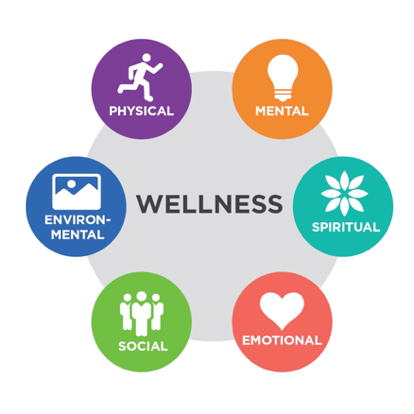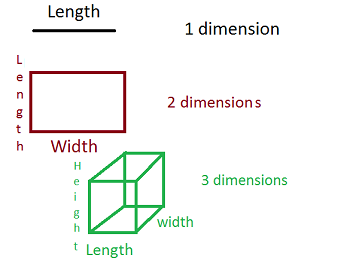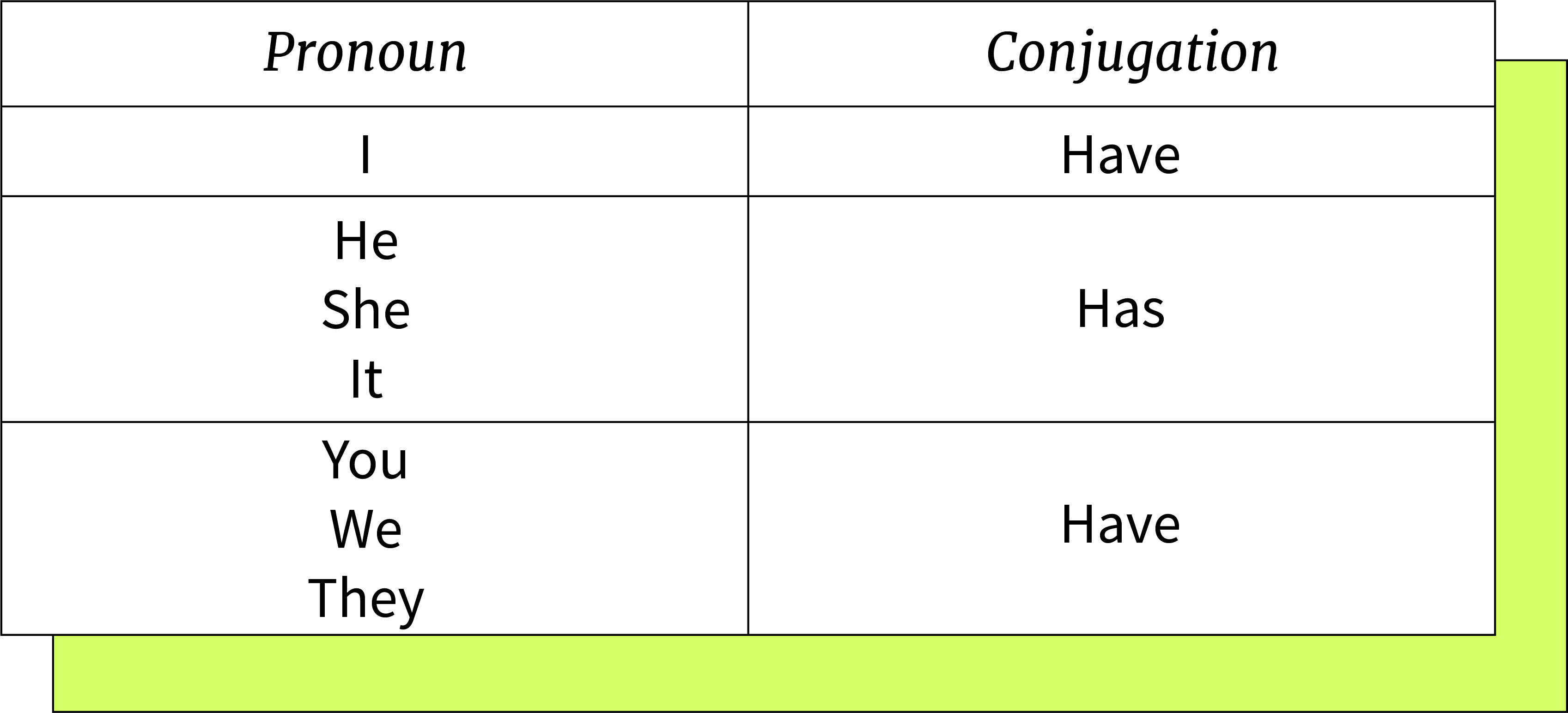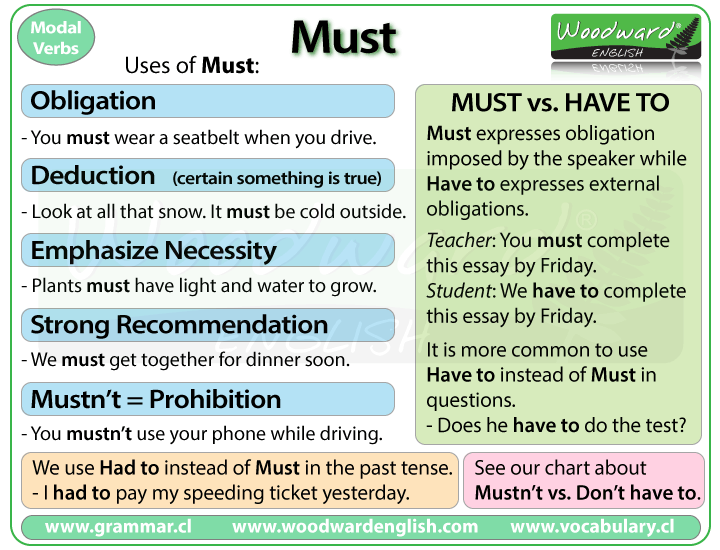Effective Strategies for Seniors to Combat Common Health Challenges
Introduction: Facing Health Challenges in Later Life
Aging brings new opportunities and experiences, but it also introduces unique health challenges. Seniors may face an increased risk of chronic diseases, mobility issues, and mental health concerns. However, adopting a proactive approach-focusing on prevention, early detection, and lifestyle modifications-can help older adults maintain independence, vitality, and a high quality of life. This article explores the most common health problems affecting seniors and provides comprehensive, actionable steps to combat them.
Prioritizing Preventive Care and Regular Health Screenings
Preventive care forms the bedrock of healthy aging. By focusing on early detection and management, seniors can often avoid the progression of many common health issues. Key steps include:
- Annual physical exams: Schedule yearly check-ups with your primary care provider to monitor blood pressure, cholesterol, blood sugar, weight, and other vital indicators. These screenings can identify early signs of heart disease, diabetes, and other chronic conditions, allowing for timely intervention. [3]
- Cancer screenings: Discuss recommended screenings for cancers such as breast, colon, and prostate with your healthcare provider. Individual risk factors and life expectancy should guide the decision to undergo these tests.
- Vision and hearing evaluations: Regular eye and hearing checks help detect impairments that could lead to accidents or reduce quality of life. [3]
- Mental health assessments: Screenings for cognitive decline and depression enable early support and intervention, improving outcomes and daily functioning.
To access these services, contact your primary care physician, or visit your local health department. Many communities also offer mobile health clinics and screenings at senior centers.
Adopting a Healthy Lifestyle: Nutrition, Activity, and Weight Management
Lifestyle habits significantly influence health as we age. Seniors can reduce the risk of heart disease, diabetes, and other chronic conditions by:
- Eating a balanced diet: Focus on fruits, vegetables, whole grains, lean proteins, and healthy fats such as olive oil. Limit processed foods, red meat, and added sugars to maintain a healthy weight and support heart and brain health. [2]
- Staying physically active: Aim for at least 150 minutes of moderate aerobic activity per week, such as walking, swimming, or cycling. Include activities that improve strength, balance, and flexibility. Always consult with your physician before beginning a new exercise regimen. [4]
- Managing weight: Maintaining a healthy weight helps control blood pressure, reduce stress on joints, and lower the risk of diabetes and heart disease. [2]
- Quitting smoking: Smoking cessation improves lung and heart function at any age. For personalized support, speak with your healthcare provider or contact the national quitline at 1-800-QUIT-NOW.
For nutritional guidance, consider speaking with a registered dietitian or searching for “senior nutrition programs” through your local Area Agency on Aging.

Source: healthandbeautyshop.net
Chronic Disease Management: Heart Disease and Diabetes
Heart disease and diabetes are among the most prevalent health concerns in older adults. Preventive measures and ongoing management can greatly reduce complications:
- Monitor blood pressure and cholesterol: Regular checks allow for timely adjustments in medication or lifestyle to prevent heart attacks and strokes. [2]
- Recognize diabetes risk factors: Increased thirst, frequent urination, fatigue, and blurred vision may indicate pre-diabetes or diabetes. Early diagnosis by your healthcare provider is key to effective management.
- Medication adherence: Take prescribed medications as directed. Use pill organizers or digital reminders to avoid missed doses.
- Regular laboratory monitoring: Routine blood work helps detect complications early and guide treatment adjustments.
If you have multiple chronic conditions, consider working with a geriatric care manager or a primary care practice specializing in older adults for coordinated care. Ask your physician or search for local “geriatric care management” services for assistance.
Fall Prevention and Home Safety
Falls are a leading cause of injury among seniors, often resulting in fractures or hospitalizations. Proactive measures can make the home environment safer and reduce fall risk:

Source: reflectivethought.net
- Review medications: Some prescriptions and over-the-counter drugs can cause dizziness or drowsiness. Regularly review your medications with your provider. [5]
- Address physical changes: Vision or hearing loss, balance difficulties, and muscle weakness increase fall risk. Schedule regular check-ups and engage in exercises targeting strength and balance.
- Home modifications: Remove tripping hazards, secure loose rugs, install grab bars, improve lighting, and consider shower chairs or raised toilet seats. Senior living communities are designed with these needs in mind, but modifications can also be made to private homes for improved safety. [1]
- Footwear: Wear supportive, non-slip shoes both inside and outside the home.
For professional home safety assessments, search for “occupational therapy home safety evaluation” or contact your local health department for referrals.
Vaccinations and Preventing Infectious Diseases
As immunity naturally wanes with age, staying current on recommended vaccinations can prevent serious illness. Important vaccines for seniors include:
- Influenza (flu) vaccine: Annual immunization reduces the risk of severe flu complications.
- Pneumococcal vaccines: Protect against pneumonia and related infections.
- Shingles vaccine: Reduces the risk and severity of shingles and its complications. [3]
- COVID-19 vaccine: Seniors are at higher risk of complications; up-to-date vaccination is crucial.
To access vaccines, speak with your primary care provider or local pharmacy. Many pharmacies offer walk-in vaccine services. For more information, visit the Centers for Disease Control and Prevention (CDC) website or call your local health department.
Mental Health, Social Engagement, and Cognitive Wellness
Mental and emotional well-being are essential for overall health. Seniors are at risk for depression, anxiety, and cognitive decline, but several strategies can help:
- Stay socially active: Regular interaction with friends, family, or community groups can reduce the risk of depression and cognitive impairment. [3]
- Pursue lifelong learning: Engaging in new hobbies, puzzles, or educational courses supports brain health.
- Seek professional support: If you experience persistent sadness, anxiety, or memory problems, consult a mental health professional. Many communities offer counseling services for seniors-ask your physician or search for “senior counseling services” locally.
- Stress management: Practice relaxation techniques such as meditation, deep breathing, or gentle yoga to reduce stress and promote emotional balance.
Senior centers, libraries, and community colleges often provide social and educational activities tailored to older adults. Ask about available programs or search for “senior community activities” in your area.
Leveraging Technology and Community Resources
Technology and local resources can empower seniors to better manage their health:
- Health monitoring: Wearable devices can track physical activity, heart rate, sleep, and medication adherence, providing data for informed health decisions. [1]
- Telehealth: Many healthcare providers offer virtual visits, making it easier to access care from home. Ask your provider if telehealth is available for routine check-ins or follow-ups.
- Community programs: Local Area Agencies on Aging, senior centers, and nonprofits offer exercise classes, nutrition counseling, transportation, and social services. To find these resources, search for “Area Agency on Aging” with your city or county or call the Eldercare Locator at 1-800-677-1116.
Summary: Building a Foundation for Healthy Aging
Combating health problems in later life requires a comprehensive, proactive approach. By prioritizing preventive care, healthy habits, chronic disease management, home safety, vaccination, mental wellness, and community support, seniors can maintain independence and vitality. If you are unsure where to start, begin by discussing your health goals with your provider and identifying one small change to implement this month. Over time, these steps add up to a healthier, more fulfilling future.
References
- [1] Florida Senior Consulting (2025). Preventive Care for Seniors: How to Age Well and Stay Healthy.
- [2] Bethesda Health (2024). 5 of the Most Common Senior Health Issues and Prevention Tips.
- [3] Merck Manual Professional Edition (2025). Prevention of Disease in Older Adults.
- [4] ChenMed (2024). Promoting Preventive Healthcare, Wellness, and Longevity for Senior Patients.
- [5] Mayo Clinic (2024). Fall prevention: Simple tips to prevent falls.
MORE FROM eboxgo.com













